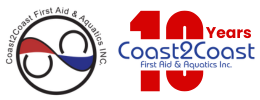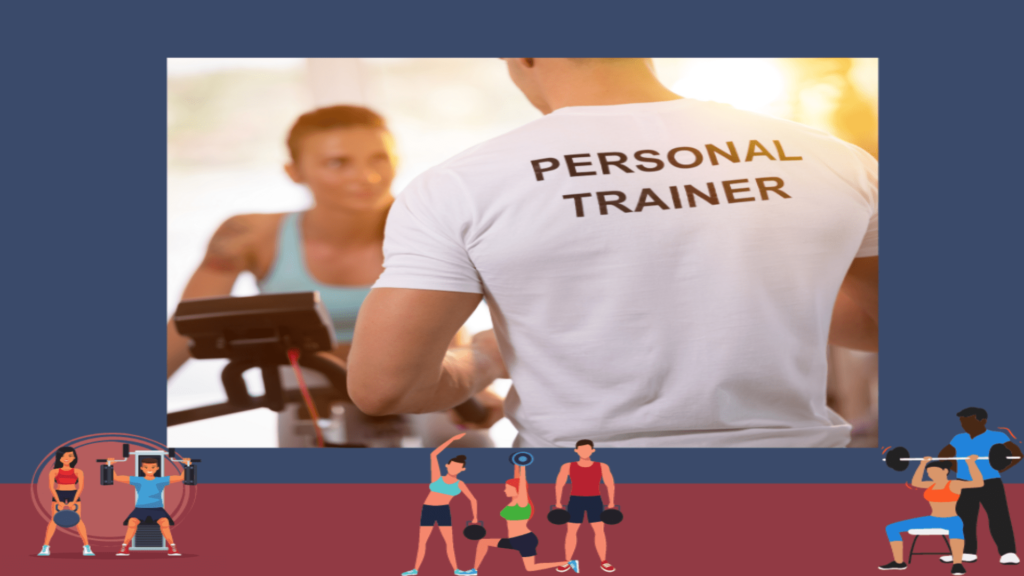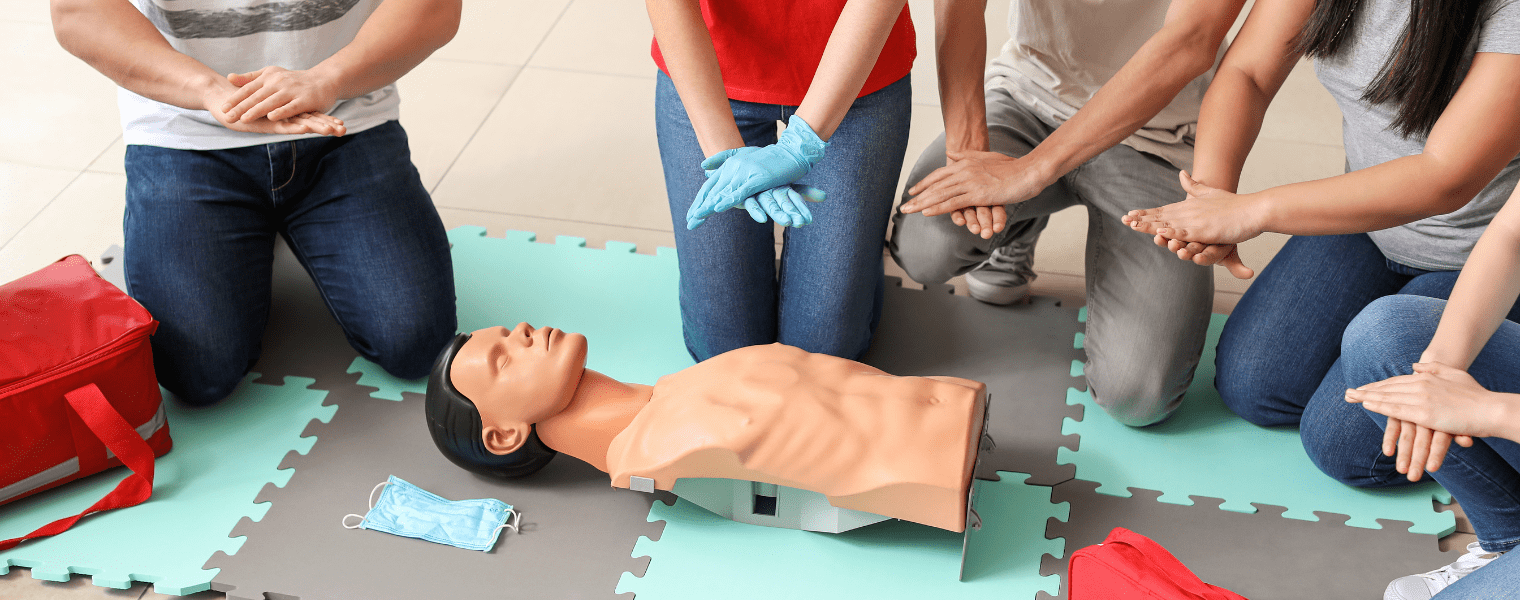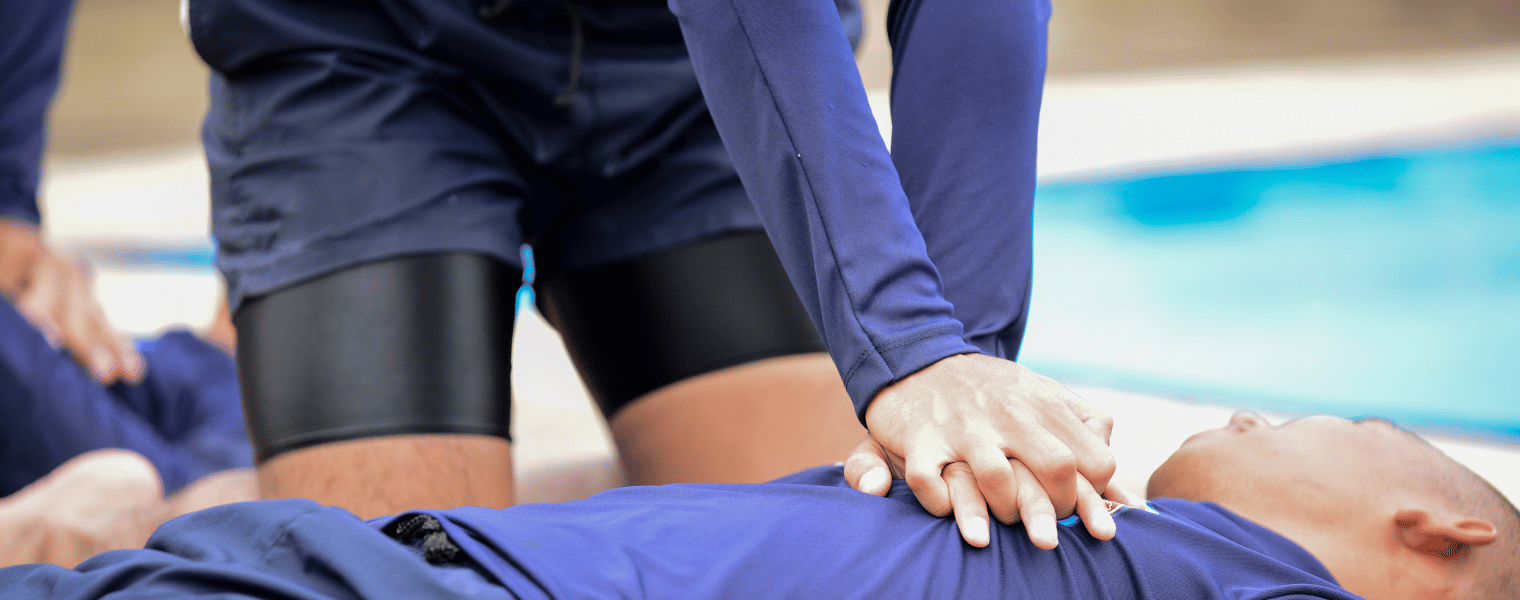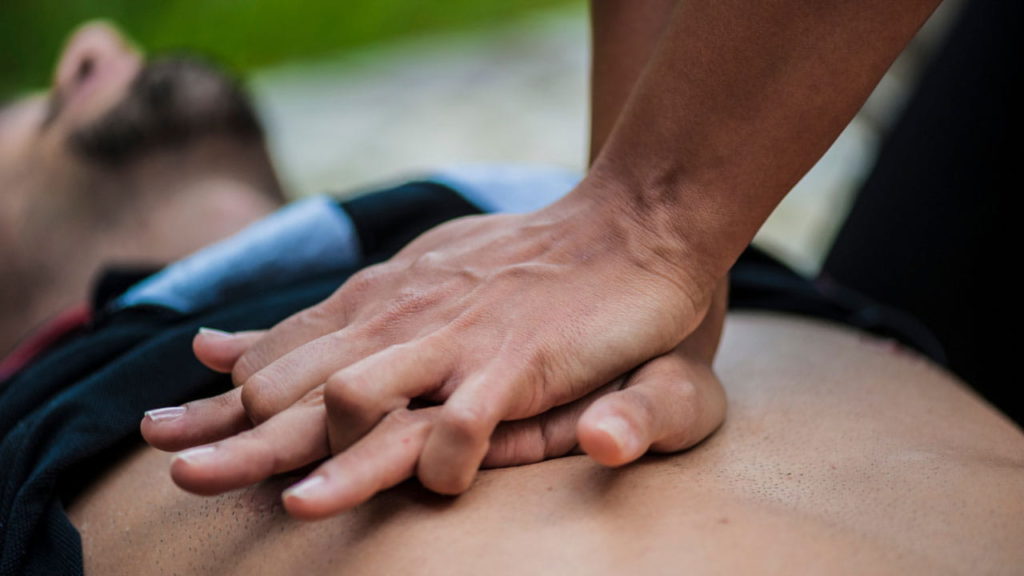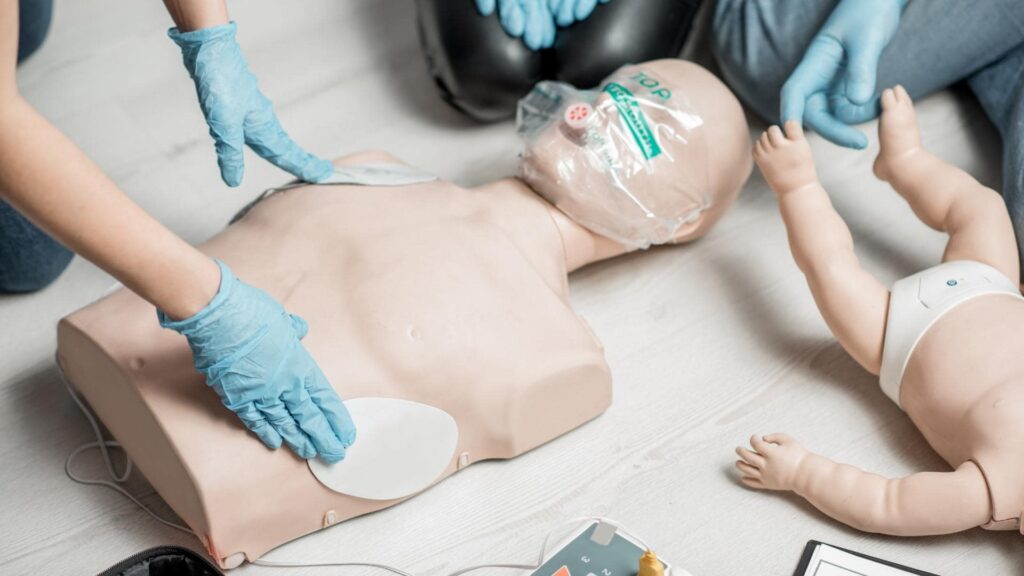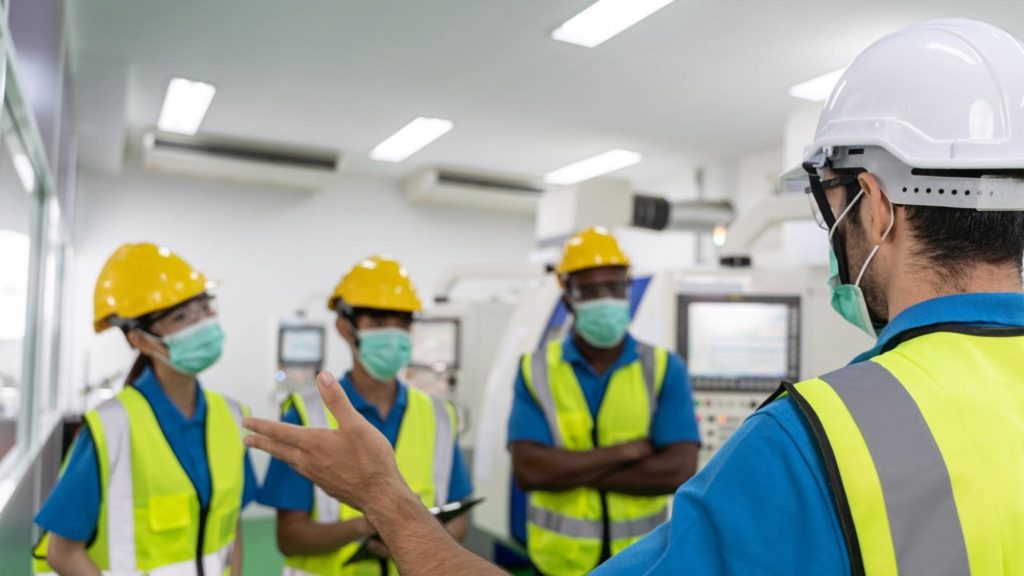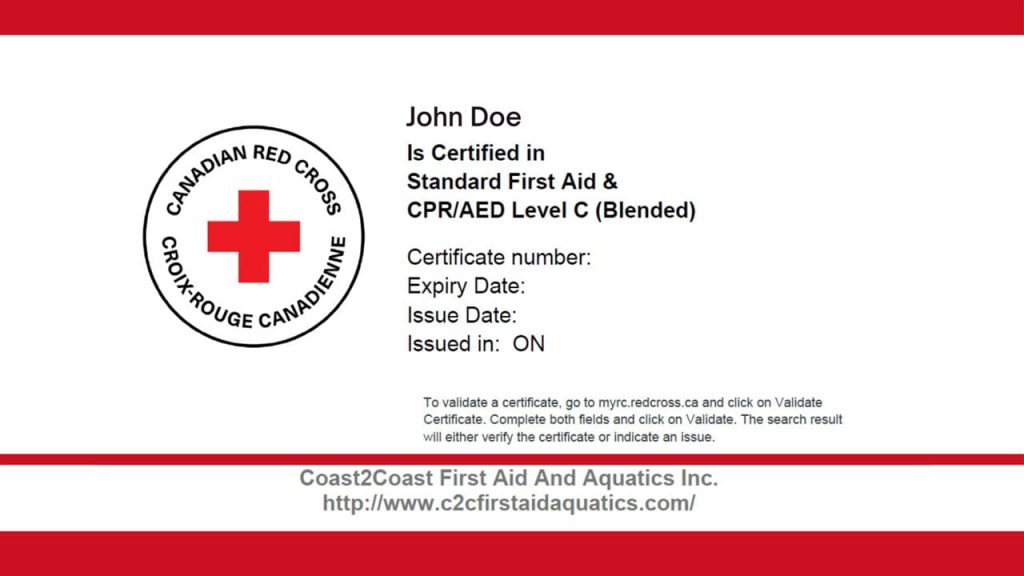IN THIS BLOG
IN THIS BLOG
- What CPR Certification do Personal Trainers Need?
- What is CPR?
- Why is CPR Certification Important for Personal Trainers?
- Is CPR Certification Mandatory for Personal Trainers?
- Where can Personal Trainers get CPR Certification?
- How often should CPR Certification be Renewed?
- Becoming a Fitness Superhero: How CPR Certification elevates Personal Trainers
Picture this thrilling scene: You’re in the midst of a fitness training session, your client channeling their inner superhero, determined to conquer the weights and claim victory over the treadmill. The gym pulses with energy, akin to a battle between body and barbell. But suddenly, the room transforms into a real-life action movie. Your client clutches their chest dramatically, gasping for breath, and collapses to the floor, their gym towel fluttering like a fallen hero’s cape. Panic sweeps over the gym-goers as they look to you, their trainer, for guidance.
In moments like these, where the gym floor becomes a battleground and your client’s heartbeat races against time, your expertise as a personal trainer takes on a whole new dimension. Enter the realm of CPR (Cardiopulmonary Resuscitation) certification—a superpower that every fitness trainer should possess.
Welcome to the world where fitness meets heroics, where weights are your allies, and CPR certification is your trusty shield. In this blog, we’re about to embark on an exhilarating journey through the importance of CPR certification for personal trainers. We’ll explore why it’s not just a certificate but a lifeline, where the unexpected turns into an opportunity for you to be the hero your clients never saw coming.
So, tighten your workout belts, because we’re about to unravel the extraordinary connection between fitness, lifesaving skills, and find out what CPR certification is necessary for personal trainers.
What is CPR?
CPR, which stands for cardiopulmonary resuscitation, is an emergency procedure used when someone’s heart has stopped beating. Administering CPR promptly can significantly enhance the chances of survival for an individual facing cardiac arrest. It serves the critical purpose of maintaining blood circulation until professional medical help becomes available.
There are two primary types of CPR:
- Conventional CPR: Typically performed by healthcare professionals or individuals trained and certified in CPR, this method involves a specific ratio of chest compressions and mouth-to-mouth breathing to support the victim’s circulation and provide oxygen.
- Hands-Only CPR: Untrained bystanders can also assist by providing Hands-Only CPR, which focuses solely on chest compressions without mouth-to-mouth breathing. This simplified approach makes it more accessible for those without formal CPR training, emphasizing continuous chest compressions until professional assistance arrives or the victim displays signs of recovery. This is also a great way to provide assistance if you are uncomfortable providing mouth-to-mouth rescue breaths.
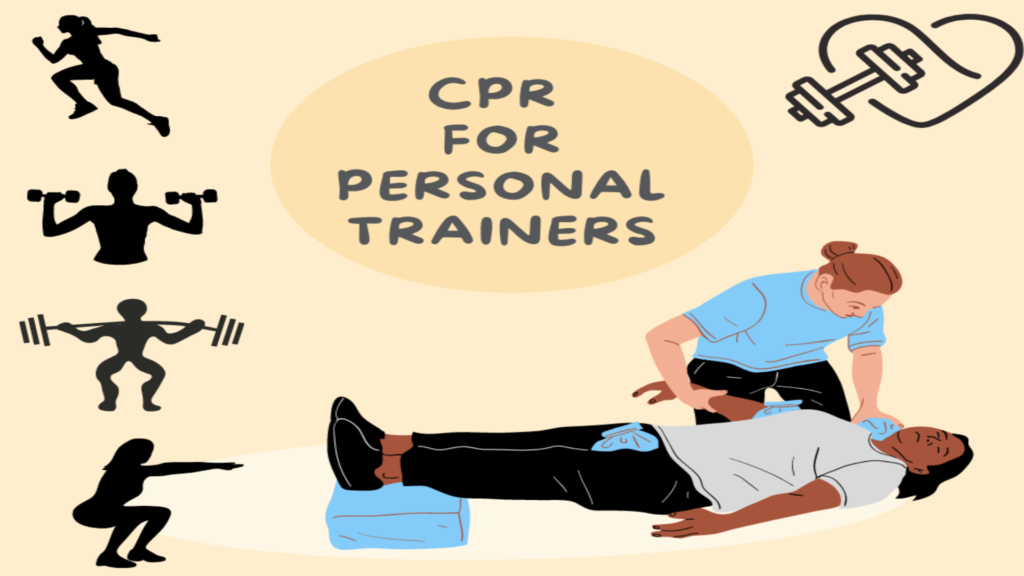
Why is CPR Certification Important for Personal Trainers?
CPR certification is vital for personal trainers because it equips them with the knowledge and skills needed to respond effectively in case of a cardiac emergency during a training session. Fitness routines can sometimes push individuals to their limits, and this can result in unforeseen medical events, such as cardiac arrest. Without prompt CPR intervention, the chances of survival can significantly decrease.
Register for an Emergency First Aid Course!
Most personal trainers are required to enroll in an Emergency First Aid Course to complete their workplace certification. Click on the button an learn more.
Is CPR Certification Mandatory for Personal Trainers?
After earning a degree in the field of personal training, there’s an essential step that goes beyond the academic realm – obtaining the right certifications to equip you for real-world scenarios with your clients. Among the vital certifications that personal trainers must possess, two stand out as absolute necessities: Cardiopulmonary Resuscitation (CPR) and the use of Automated External Defibrillator (AED).
Specifically, personal trainers are typically required to hold a CPR Level C certification. CPR Level A is a training program designed to instruct individuals in performing CPR and responding to choking incidents specifically for adults. It emphasizes the significance of early defibrillation and provides guidance on operating an AED. Completing CPR Level A typically takes approximately 4-6 hours, during which participants acquire fundamental CPR skills essential for rescuing adults, including proper choking procedures and the utilization of a defibrillator. CPR Level C, on the other hand, is a more comprehensive course that prepares individuals to administer CPR in emergency situations involving adults, children, and infants.
Furthermore, it’s highly recommended that personal trainers also pursue Standard First Aid certification, which includes CPR training, adding an extra layer of preparedness to their skillset. These certifications are not just paperwork; they are lifelines, providing the competence and confidence needed to respond effectively in emergencies, thus reinforcing the safety and well-being of clients during training sessions.
Where Can Personal Trainers Get CPR Certification?
Calling all personal trainers on a quest to become fitness superheroes! At Coast2Coast First Aid and Aquatics, we’re not just a training center; we’re your secret headquarters for lifesaving skills. As proud partners of the Canadian Red Cross, our courses bear the coveted seal of approval from the Workplace Safety and Insurance Board (WSIB).
But here’s the thrilling part – our training centers are strategically scattered across Ontario in Toronto, Brampton, Mississauga, Oakville, Burlington, Etobicoke, Hamilton, North York, Richmond Hill, Vaughan, Aurora, London, and central Ottawa. That’s right, we’ve assembled our league of CPR and first aid experts to make sure you can access top-notch training wherever you are in the province.
Our array of courses includes Level A, Level C, and Healthcare Provider levels for CPR (also known as Basic Life Support) and a medley of first aid training programs. We’re not just here to check boxes; we’re here to mold you into the ultimate protector of well-being in the fitness realm. Join us on this epic journey of empowerment, where personal trainers level up their skills, equipped to be true guardians of safety, all across the enchanting landscape of Ontario. 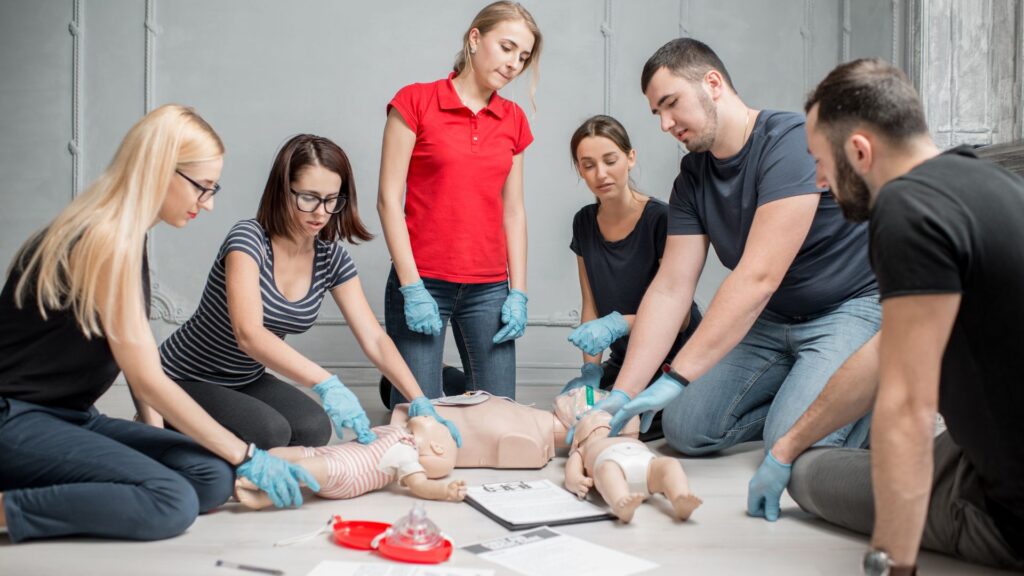
How Often Should CPR Certification be Renewed?
CPR certification needs to be renewed regularly to ensure individuals can respond effectively to breathing emergencies, including the use of an Automated External Defibrillator (AED). In most cases, CPR certificates should be renewed every three years. CPR/AED Level C certificates can be recertified multiple times, but it’s important to note that in Ontario, CPR/AED Level A cannot be recertified. To maintain this certification, individuals must complete the full training course again.
Becoming a Fitness Superhero: How CPR Certification Elevates Personal Trainers
So, as you tighten your workout belts and embark on your fitness journey, remember that you’re not just sculpting bodies; you’re also sculpting destinies. With CPR certification in your arsenal, you’re not just a personal trainer; you’re a guardian of safety, a beacon of hope, and a symbol of preparedness in the face of the unexpected.
As you stride confidently into the realm where weights are your allies, and the gym floor becomes a battleground, know that you possess the extraordinary connection between fitness and lifesaving skills. You are the hero of your clients’ stories, ready to rise to the occasion when their heartbeats race against time. Embrace your role as a fitness superhero, armed with CPR certification, and let your clients train with the peace of mind that their hero is always by their side.
In this thrilling adventure where every rep, every step, and every heartbeat counts, remember that you are not just a personal trainer; you are a real-life superhero, and CPR certification is your cape of courage.
